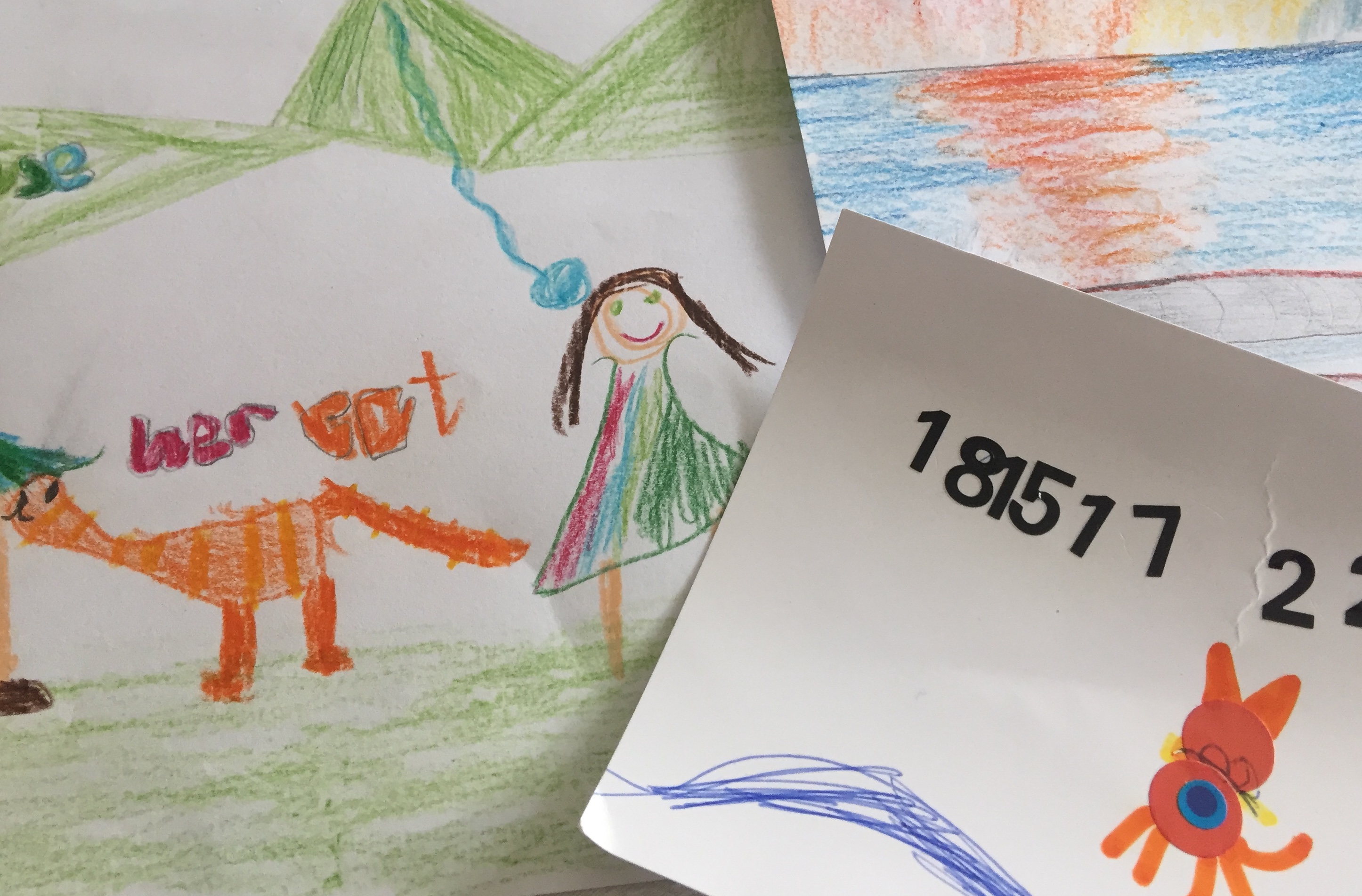Excellent communication skills are mandatory; highly evolved leadership skills are required; passion, integrity, the ability to inspire confidence, and creative thinking skills are a pre-requisite …
The above are just some of the phrases I have come across in Position Descriptions. Everyone wants someone with, “the above skills” and … empathy, technically specific qualifications, creative genius, problem solving abilities, and people skills that would be the envy of the diplomatic world.
Some people do have innate communication skills – that are highly evolved and well developed. These people have a gift – and it is exactly that – for intuitive creative genius; they make excellent leaders – from the back, front, middle or side of the group; their passion – for life – its ups and downs – is inspiration at work, and their energetic (communication) skills allow this passion to be passed-on to others. Most importantly, however, such people know themselves. This knowing is hard won – the prize? A high level of intuitive intelligence.
Intuitive intelligence is the ability to identify the difference between ‘gut’ instinct and egotistical drive – there is nothing ‘natural’ about this form of intelligence. It is developed through hard work, academic knowledge, discipline and rigour, passion, resilience, personal and professional reflection – and an awful lot of learning i.e., making mistakes.

Learning cannot happen without change – developing intuitive intelligence demands change. It also demands attention to detail.
For example, making decisions based on gut instincts is all very well if you are aware of the difference between your gut instinct and those of your ego’s need to continually identify itself in particular ways. Being able to unpack that relationship is an intellectual exercise which starts and ends with oneself. Can learning and development experiences create opportunities for anyone to unpack this relationship – and develop their intuitive intelligence? Absolutely!
Learning and development experiences can support anyone to develop their intuitive intelligence – at any life cycle stage. The crucial point to remember when creating such experiences is that developing intuitive intelligence is an intellectual exercise – not an academic one.
Intellectualism is the ability to think, create, critique, reflect, inspire, lead, communicate: the ability to think creatively and consciously.
Intellectualism nurtures the development of intuitive intelligence. Academic learning experiences can, at best, stifle its development – and, at worse – nullify it.
Developing institutive intelligence is an intellectual exercise – long before it becomes an academic one. This fact speaks volumes about what type of learning and development experiences can support it, and when, where, how – this development can happen.
If employers really want employees with highly developed:
- communication skills,
- creative genius
- leadership abilities
- passion
- integrity et al … you know the list …
then they need to look for those individuals whose intellectual intelligence underpins their academic acuity – not the other way around. How do they do this? They develop their intuitive intelligence – starting with themselves.
